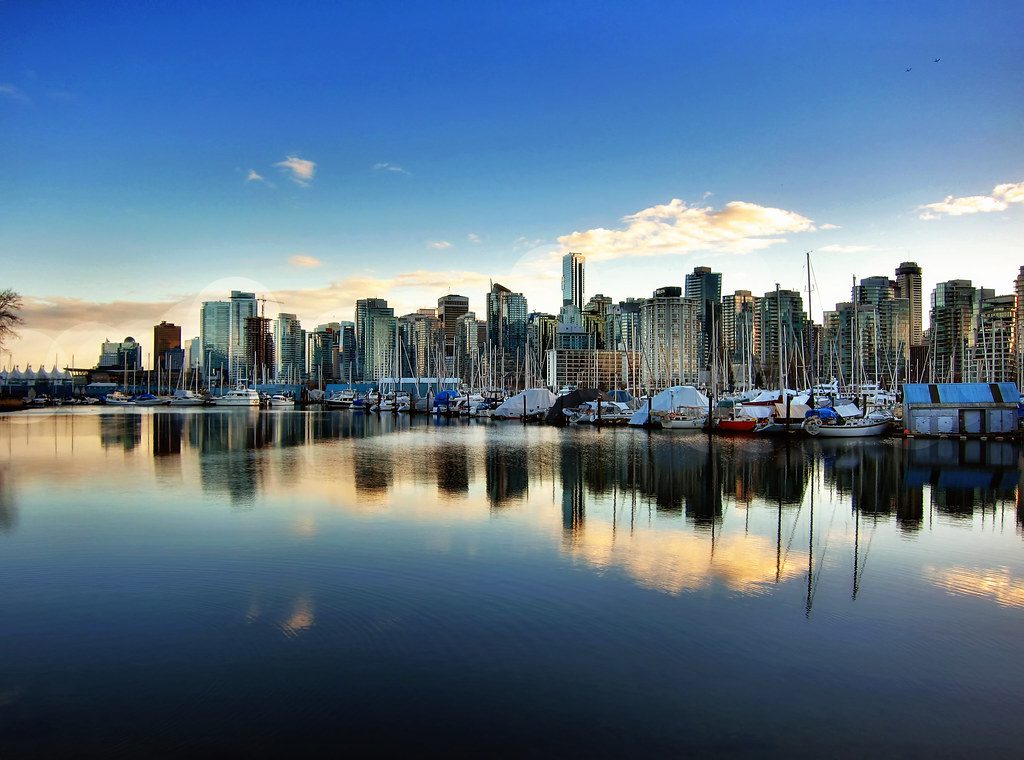Canada's Tourism Industry Sees So Much Riding on Upcoming Elections

Skift Take
As Covid continues to show, timing is everything when reopening for tourism. Will the elected party get behind Canada's travel industry until the uncertainty fades, or will more businesses collapse?
Canada’s tourism sector has made some strides if you compare its present to the 16 months of closure that were marked by strict domestic and international quarantine rules and a delayed vaccine distribution plan.
Still, in spite of now achieving a vaccination rate closing in on 80 percent, lifting land border restrictions with the U.S. in August and welcoming fully vaccinated international visitors a week ago, a late reopening meant missing a second summer for most tourism businesses.
“We've got a lot of industry who were not able to meet their needed revenue targets over the summer months,” said Beth Potter, CEO of the Tourism Industry Association of Canada (TIAC). “They are sitting on a lot of debt now, as well as they have dried up their financial reserves.”
Elections come and go for tourism businesses typically, but Canada's federal elections this Monday has everyone feeling extraordinarily invested in its results.
For one, that's because of the ill-timed winding down of gov
